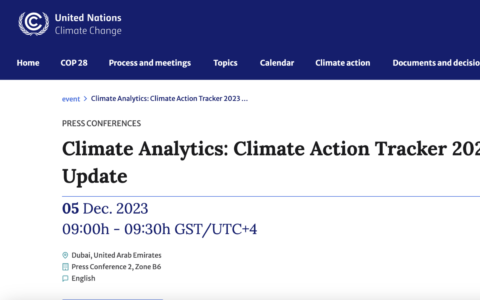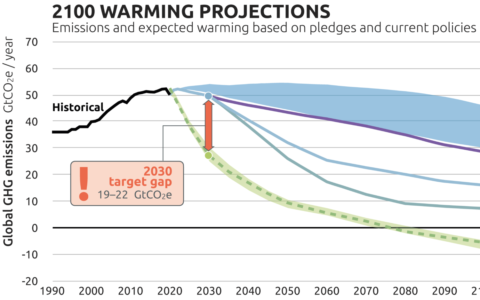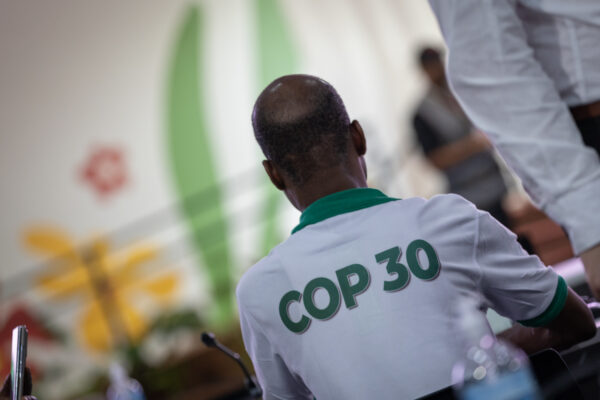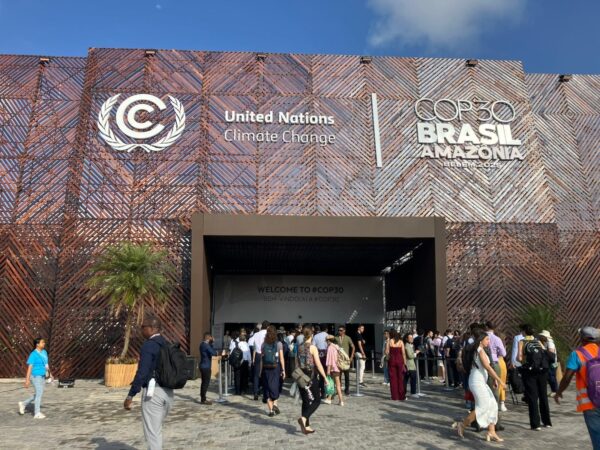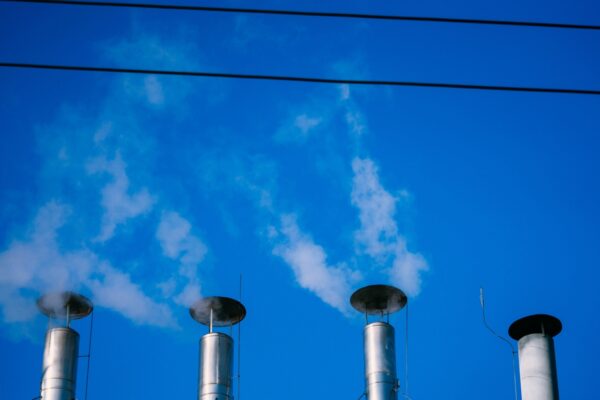Projected warming almost unchanged for two years as governments push false solutions over climate action
Despite their promises, governments have not taken enough action to drive down warming projections, with some instead turning to false solutions such as carbon capture and storage to continue the world's reliance on fossil fuels, according to the Climate Action Tracker's annual warming update.
Share

In a year where every inhabited continent has experienced record-breaking heat, wildfires, or extreme events, there's again been no discernible shift in action, despite the agreement in Glasgow in 2021 for governments to strengthen their climate targets.
The Climate Action Tracker's annual warming estimate for government 2030 targets — or Nationally Determined Contributions (NDCs) — has risen by 0.1˚C to 2.5˚C. This is not because of any actual target changes, but is largely down to increasing emissions in countries with weak targets, where the CAT takes the current level of policy action for its target calculation.
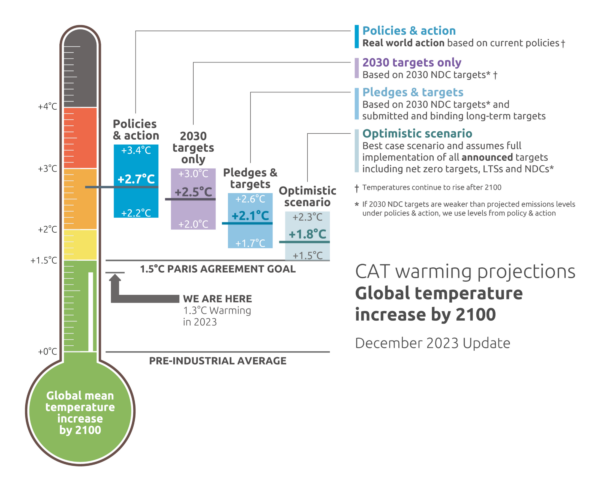
The CAT's other warming estimates all remain the same as 2021. Only one country of those we track enshrined its net zero target into law in the past year. While governments agreed stronger targets for the international shipping sector, that also had little impact on end of century warming. The current policies pathway or the CAT’s "Policies and action" scenario, remains at the same 2.7˚C that it was in Glasgow two years ago.
Report lead author Claire Stockwell, policy analyst at Climate Analytics: "Two years after Glasgow our report is virtually the same. You'd think the extreme events around the world would be sparking action, but governments appear oblivious, somehow thinking treading water will deal with the flood of impacts.
"This is the critical decade for action: we need governments to step up and improve their 2030 targets, as well as working on the next round, due by February 2025 at the latest."
Prof Niklas Höhne of NewClimate Institute: "We're hearing the words 'unabated' across these climate talks, but governments must stop trying to adopt false solutions like carbon capture and storage with fossil fuels - this is simply the fossil fuel industry attempting to extend its life, when it needs to face up to the reality of a fossil fuel phase-out."
One of the main drivers of the slight rise in the targets temperature estimate to 2.5˚C is Indonesia, whose expanding coal power fleet caused emissions to skyrocket by 21 percent last year.
Fabby Tumiwa, Executive Director of the Institute for Essential Services Reform, the CAT's new partner organisation: "Indonesia's coal emissions spike is of serious concern: the off-grid coal powering the domestic metal industry is currently projected to produce an astounding extra 150 million tonnes of CO2 emissions by 2030.
"This has been picked up by the JETP process. While the metals industry is a crucial component of clean tech, it simply makes no sense to produce it with the very product it's trying to replace," he said.
The CAT's update today sets out six essential criteria for government 2035 NDC's
1. Cut emissions substantially - at home
2. Align the target to a net-zero pathway, and overachieve 2030 target
3. Set absolute, economy wide, emission reduction targets
4. Scale up climate finance
5. Focus on domestic reductions, not trees or carbon markets
6. Start developing and implementing new policies

